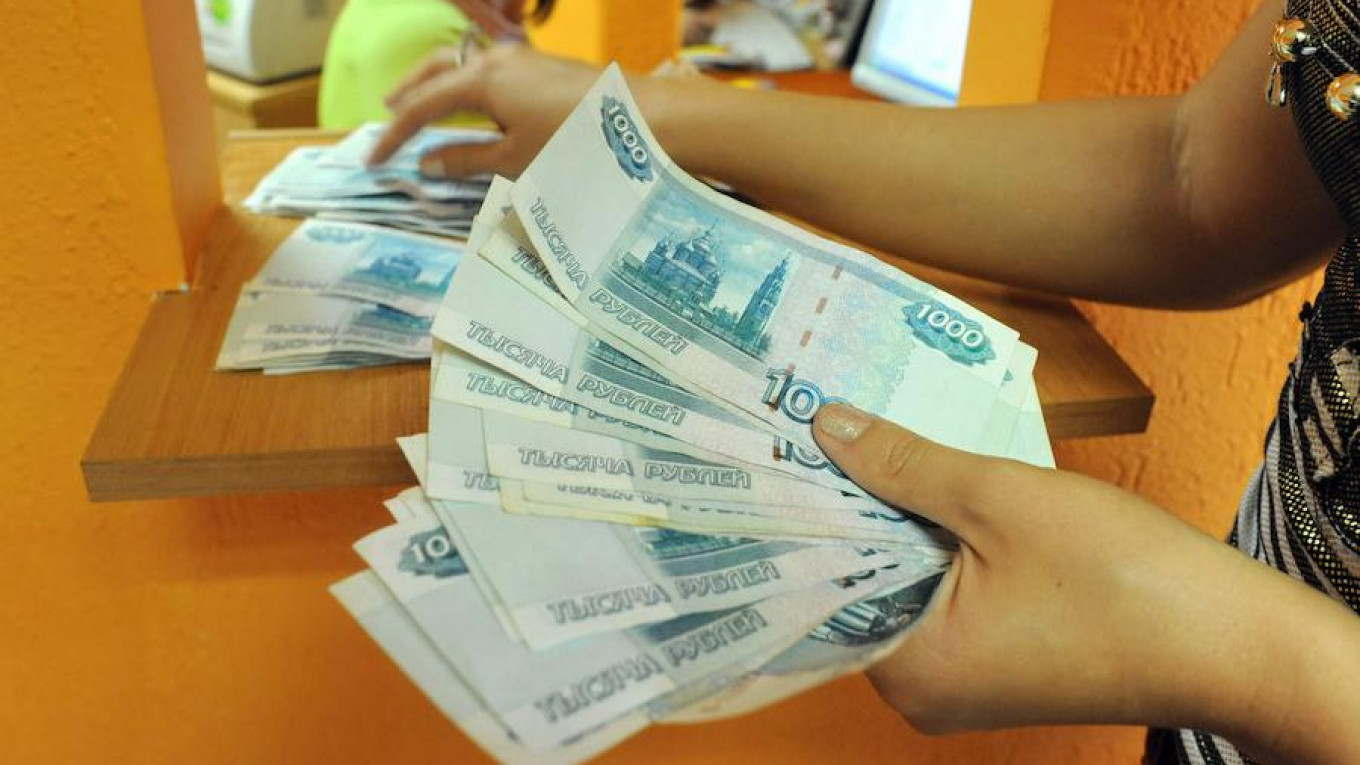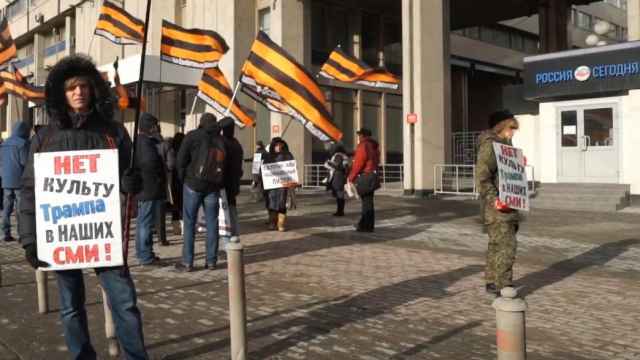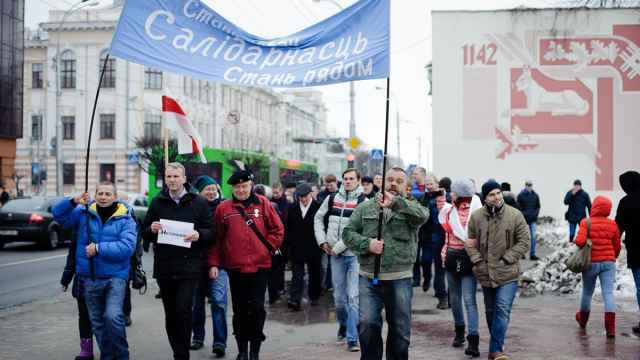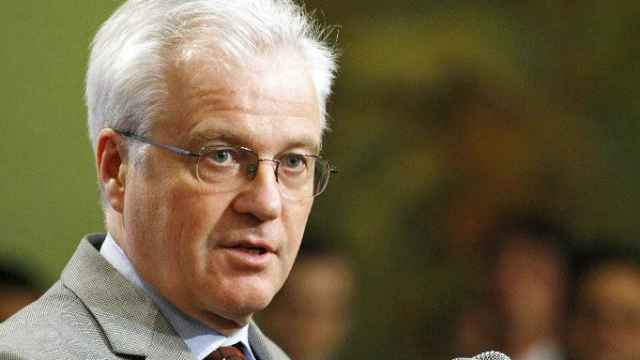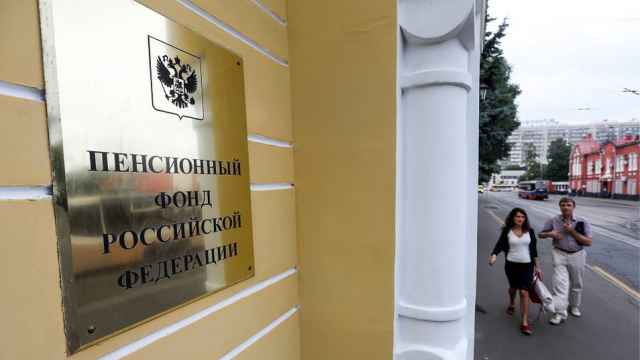The Russian government is discussing plans to limit cash payments in a bid to combat Russia’s “shadow economy.”
The new measures could include a ban on salaries paid in cash, and limiting cash payments for cars, apartments and luxury goods, the Vedomosti newspaper reported Tuesday.
The plans have not yet been officially approved, but if successful could be rolled out as early as 2018, an unnamed source told the newspaper.
The head of Russia’s Finance Ministry Anton Siluanov urged the Russian government to limit cash payments in January 2017. He praised the Indian government, which ruled in November 2016 to demonetize high-value notes in a bid to stop citizens hoarding large amounts of money outside the banking system.
“It is a way to whitewash the economy,” he said. “We can use these methods to make the economy more transparent and to collect more taxes,” he said.
Russians made cash payments worth 8.7 trillion rubles ($150 billion) in the first nine months of 2016, while 19 trillion rubles (328 billion) was transferred using bank cards, according to data from Russia’s Central Bank.
A Message from The Moscow Times:
Dear readers,
We are facing unprecedented challenges. Russia's Prosecutor General's Office has designated The Moscow Times as an "undesirable" organization, criminalizing our work and putting our staff at risk of prosecution. This follows our earlier unjust labeling as a "foreign agent."
These actions are direct attempts to silence independent journalism in Russia. The authorities claim our work "discredits the decisions of the Russian leadership." We see things differently: we strive to provide accurate, unbiased reporting on Russia.
We, the journalists of The Moscow Times, refuse to be silenced. But to continue our work, we need your help.
Your support, no matter how small, makes a world of difference. If you can, please support us monthly starting from just $2. It's quick to set up, and every contribution makes a significant impact.
By supporting The Moscow Times, you're defending open, independent journalism in the face of repression. Thank you for standing with us.
Remind me later.


